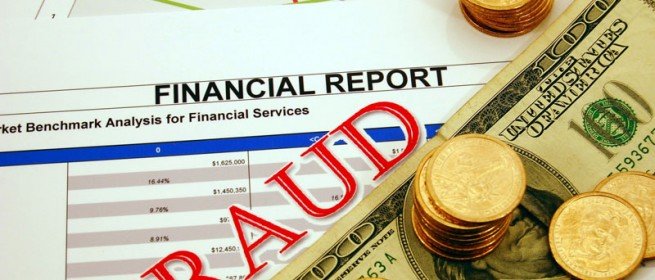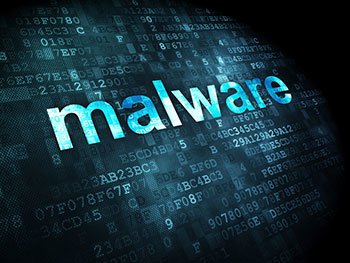Forensic accounting is one of the most important yet often overlooked branches of crime investigation – the pen is more powerful than the sword, right? The science of forensic accounting covers many financial areas and its goal is to provide an exhaustive analysis used in court, no matter what the financial fraud may be.
Forensic accountants are often referred to as forensic auditors or investigative auditors because the main task is often to conduct an audit – an official examination and verification of accounts and records. Investigative accounting is rather associated with the process of examination of criminal nature, while a typical day in the field involves, for instance, an employee theft, security fraud, kickbacks, insurance fraud and it proceeds with crime investigations.
The forensic accountant has to provide litigation support – litigation support is the accounting assistance providing process in processes involving existing or pending litigation. Primarily it concerns the quantification of economic damages, and the typical case of litigation support supposes a calculation of an economic loss caused by a breach of contract.
What a forensic accountant does
The job of a forensic accountant includes analyzing, interpreting, summarizing and presenting reports of complex financial issues in order to be analyzed by the court, following both the criteria of being understandable and properly supported by the norms in the field. The employer can either be an institution or an company (most often banks, insurance companies or government agencies), and the accountant is often asked to testify in court.
The responsibilities in the field are most often related to the investigative process and analysis of the financial evidence in the case in discussion, the development of digital application to assist in both the analysis and the presentation of the evidence in court, the communication process of the findings in reports, exhibits and documents related to the case, as well as the assistance of legal proceedings, testifying in court as expert witness and providing visual support for the trial evidence that is to be presented. You don’t see forensic accountants take the spotlight, but you’d be surprised to see just how important they are in many investigations (even non-strictly financial) – they don’t say “follow the money” for nothing.
Educational requirements
The educational process of becoming a forensic accountant includes some specific degrees to be obtained by the candidate, including a certified financial forensic degree (the most important qualification for the job) that has to be given by an accredited institution in the state where the candidate wishes to practice this job. For instance, in the United States of America, The is the specialized authority to guarantee the proper theoretical knowledge of the applicant. Another institution that is authorized to give accreditation is the Association of Certified Fraud Examiners, combining accounting knowledge and investigative skills.
 Image via My Foot Path
Image via My Foot Path
Aside from this, a bachelor’s or master’s degree in forensic accounting, accounting, finance or another related field of study is required for any candidate who wishes to become a forensic accountant. Not only the institutions, but the companies as well tend to also require a Certified Fraud Examiner Certificate (CFE), a Certified Public Accountant Certificate (CPA) or a Chartered Accountant Certificate (CA).
There are, of course some required skills and intellectual capacities along with specific knowledge in the field that have to be accomplished in order for the candidate to be eligible for such a position. Knowledge-wise, the most relevant domains in which the student has to have solid information include white-collar crimes, money laundering, insurance claims, contract and procurement fraud, asset misappropriation, financial statement fraud, financial data analysis, computer application design, locating hidden assets, due diligence reviews, evidence integrity analysis, forensic intelligence gathering, accounting specific procedures, regression analysis, computer applications related to the field of study etc.

The required skills in the field include proficient communication (both verbal and written) skills used in writing reports and testifying in court, as well as abilities such as attention to detail, analytic thinking, objectivity in thinking, credibility in appearance etc.
Any practitioner that wishes to be on assistance can apply on jobs in on either investigative accounting (often related to reviewing the factual situation, protecting and recovering assets, coordinating other experts) or litigation support (most often associated with assisting during the documentation time, reviewing the documentation found relevant, assisting with Examination with Discovery, reviewing the opposite expert’s damages report, assisting with relevant discussions on the matter as well as attending in trial).

The most commonly encountered cases for which a forensic accountant expert is eligible include criminal investigations, shareholders’ and partnership disputes, personal injury claims (and motor vehicle accidents), business interruption, business fraud, matrimonial disputes, business economic losses, professional negligence etc.
The salary for a CFE forensic accountant in the United States of America varies from $83,000 a year for an entry position to approximately $150,000 a year for a senior job, while a non-CPE forensic accountant is paid with $60,000 a year on an entry-level position and over $127,000 a year on a senior one.



